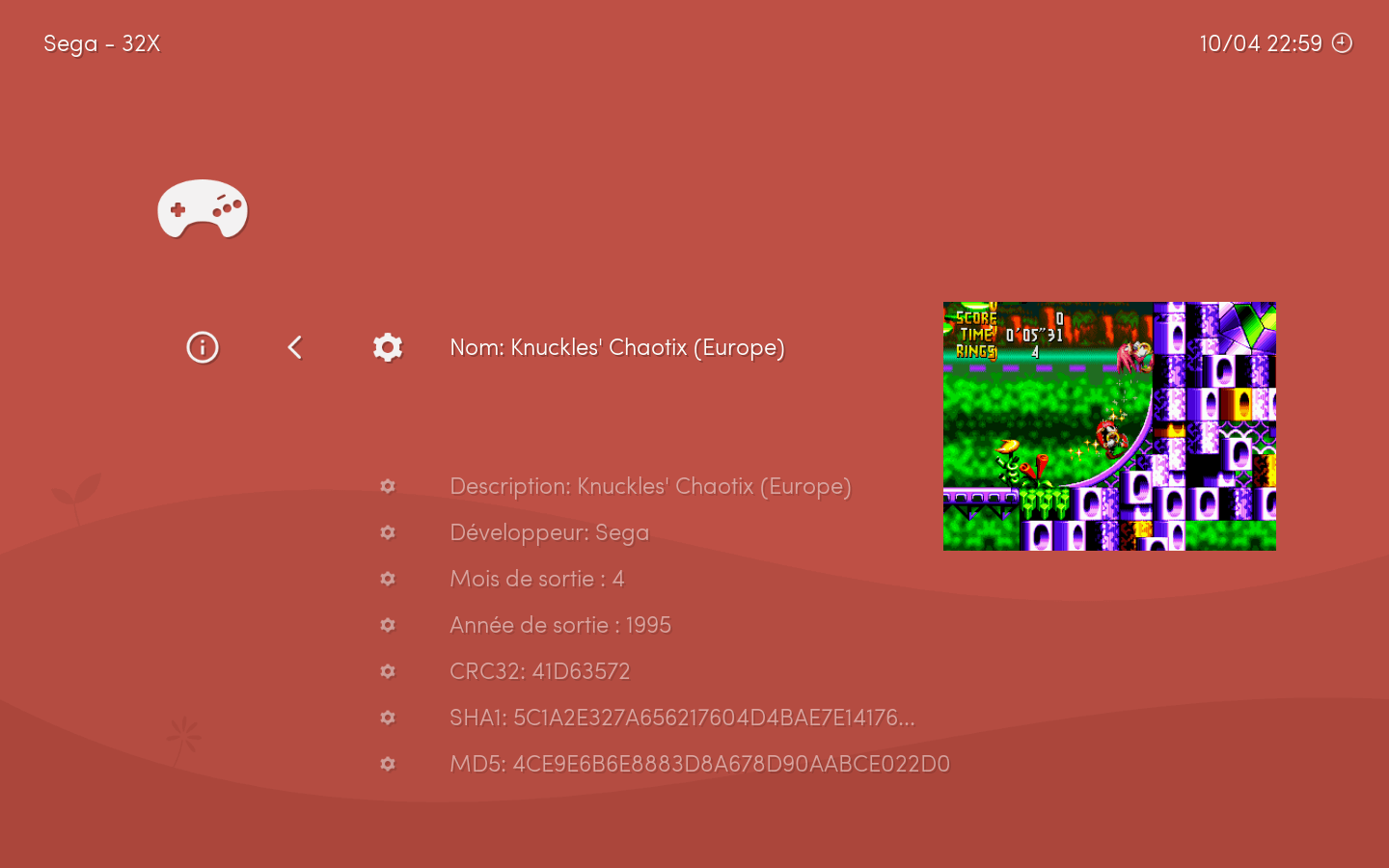 Lakka is a Linux distribution that transforms a small computer into a full blown game console. The distro is based on LibreELEC and runs the RetroArch console emulator. It supports a wide range of handhelds, microcomputers, and a standard PC. The software is optimized to run fast even on low end single board computers, and supports many USB joypads.
Lakka is a Linux distribution that transforms a small computer into a full blown game console. The distro is based on LibreELEC and runs the RetroArch console emulator. It supports a wide range of handhelds, microcomputers, and a standard PC. The software is optimized to run fast even on low end single board computers, and supports many USB joypads.
Lakka emulates a wide variety of systems and has some useful features such as automatic joypad recognition, rewinding, netplay, and shaders.
It can be run in Live USB mode. This mode allows you to play Lakka directly from a USB drive, without installing Lakka on the PC allowing for portability.
Lakka is based on LibreELEC, which provides a number of advantages:
- A 300 MB read-only filesystem you cannot break even with root access.
- A rock solid update system not based on packages, the whole filesystem and kernel are downloaded and replace the actual system.
- Cross-compilation: Compiling the whole project including the Linux kernel takes about 2 hours on a good PC.
- No extra packages, it strictly includes the dependancy tree of RetroArch.
- The build system will bootstrap itself on a project basis, we compile our specific version of the cross compilers for each project.
- Lakka is easy to port to new ARM boards.

| Working state: | Active |
| Desktop: | RetroArch |
| Init Software: | systemd |
| Package Management: | - |
| Release Model: | Fixed |
| Platforms: | aarch64, i386, x86_64 |
| Home Page: | www.lakka.tv |
| Developer: | Stephan Raue, MilhouseVH, Rudi Heitbaum, CvH and many other contributors |
| This article is part of our Big List of Active Linux and other UNIX-like Distros. |
What's a Linux distribution ("distro")? |
| A distro provides the user with a desktop environment, preloaded applications, and ways to update and maintain the system. Each distro makes different choices, deciding which open source projects to install and provides custom written programs. They can have different philosophies. Some distros are intended for desktop computers, some for servers without a graphical interface, and others for special uses. Because Linux is an open source operating system, combinations of software vary between Linux distros. |
